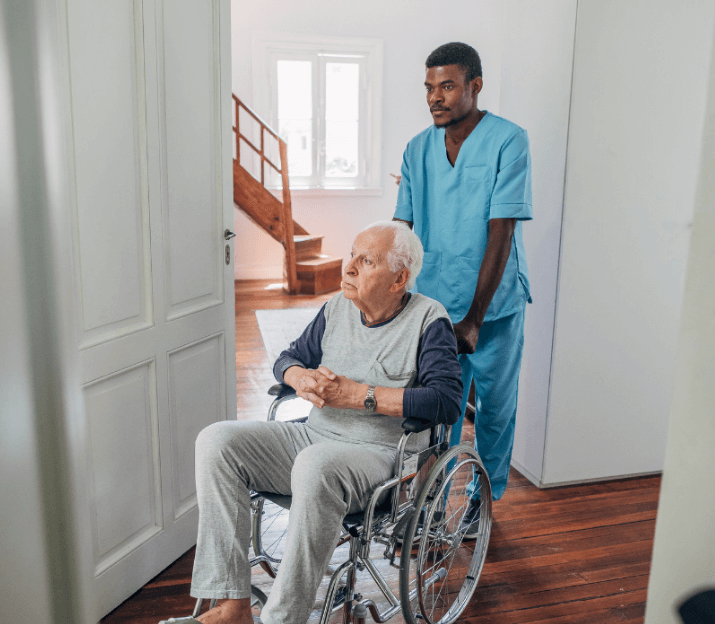Millions of people each year step into the caregiver position—offering physical, emotional, and practical support to loved ones undergoing cancer treatment.
While their work cannot be put into a price tag, more and more research is shedding light on a serious and often overlooked consequence: how caregiving affects mental health.
A recent scoping review in Archives of Geriatrics and Gerontology Plus has placed this issue center stage, confirming what many caregivers quietly endure—high rates of post-traumatic stress disorder (PTSD).
More than 15% of Cancer Caregivers Suffer from PTSD
The review also reveals a startling statistic: in every study except one reviewed, more than 15% of caregivers caring for a loved one with cancer are eligible for PTSD.
In other caregiver groups—such as those with head and neck cancer patients or acute leukemia patients—that number is even higher, up to 37%.
Despite these grim statistics, caregivers remain under addressed in psychosocial oncology care.
“Caregivers remain relatively uninvestigated in psychosocial oncology treatment, and a lot of them are not being supported well,” says Elizaveta Klekovkina, lead author and social worker in the Princess Margaret Cancer Centre Department of Supportive Care.
Who’s Most Vulnerable?
The review lists some of the risk factors that render caregivers more vulnerable to traumatic stress. These include:
- Pre-existing psychiatric illness
- Social support that’s low
- Burdensome caregiving burden
The degree of the patient’s illness, symptom load, or self-perceived risk of death
“Identifying these risk factors is central to designing effective interventions to avert and lessen traumatic stress among caregivers,” notes co-author Maya Stern, a social worker at Princess Margaret Cancer Centre as well.
Both Klekovkina and Stern, recent graduates of the University of Toronto Master of Social Work program, underscore the importance of early intervention and individualized strategies of support.
PTSD in Caregivers Looks Different
Unexpectedly, the most common reported PTSD symptoms in caregivers were intrusive thinking and hypervigilance. Unlike other victims of trauma who pull away and avoid reminders of the trauma, caregivers have no respite from the stress—it is a part of their life every day.
A Call for More Research and Better Support
The review contained 23 studies of traumatic stress among adult cancer patient caregivers, but they were largely small, cross-sectional studies with little racial and gender diversity—leaving a huge research gap.
“We were surprised by the lack of research on traumatic stress among adult cancer patient caregivers,” says co-author Carmine Malfitano, Director of Research and Education at the Centre for Psychology and Emotional Health.
There is an urgent need for additional research to close this gap and to develop proactive, evidence-based interventions that truly incorporate caregiver support into oncology practice,”
What Needs to Change
Standard mental health screening for caregivers at key points of diagnosis, recurrence, or transition from treatment, say the researchers.
“Unless it is treated, traumatic stress in caregivers can have lasting consequences on their physical and mental well-being,” states senior author Esme Fuller-Thomson, Director of the Institute for Life Course & Aging at the University of Toronto.
The word is out: cancer does not only occur to the patient—it occurs to everyone who surrounds them. And it’s about time that caregivers were being recognized and supported that they deserve.







Leave a Reply